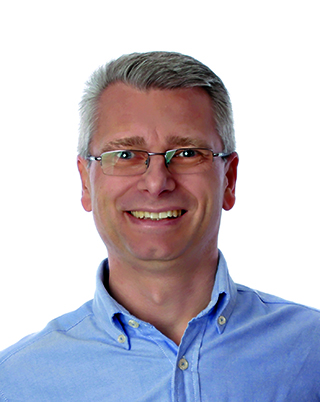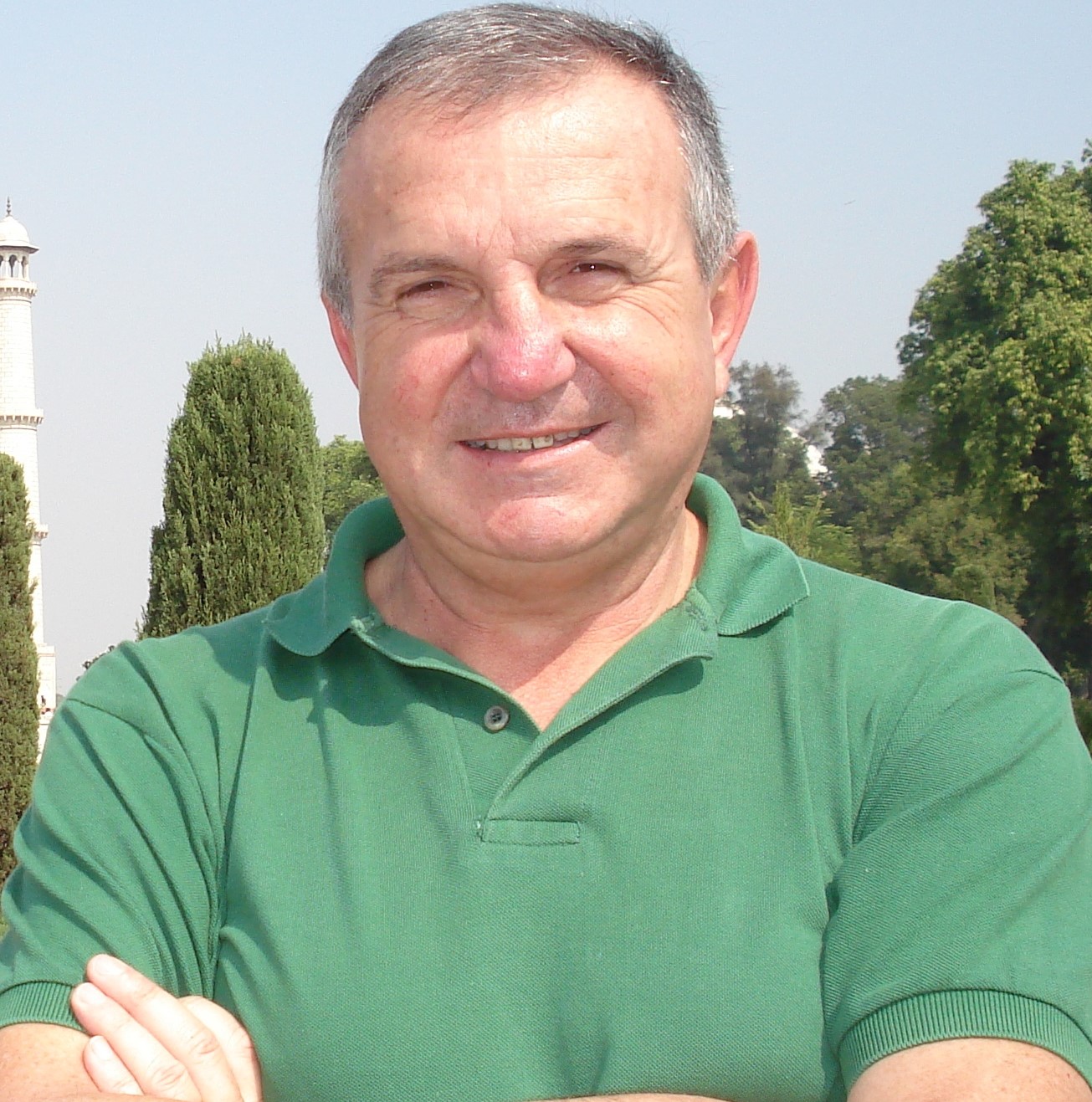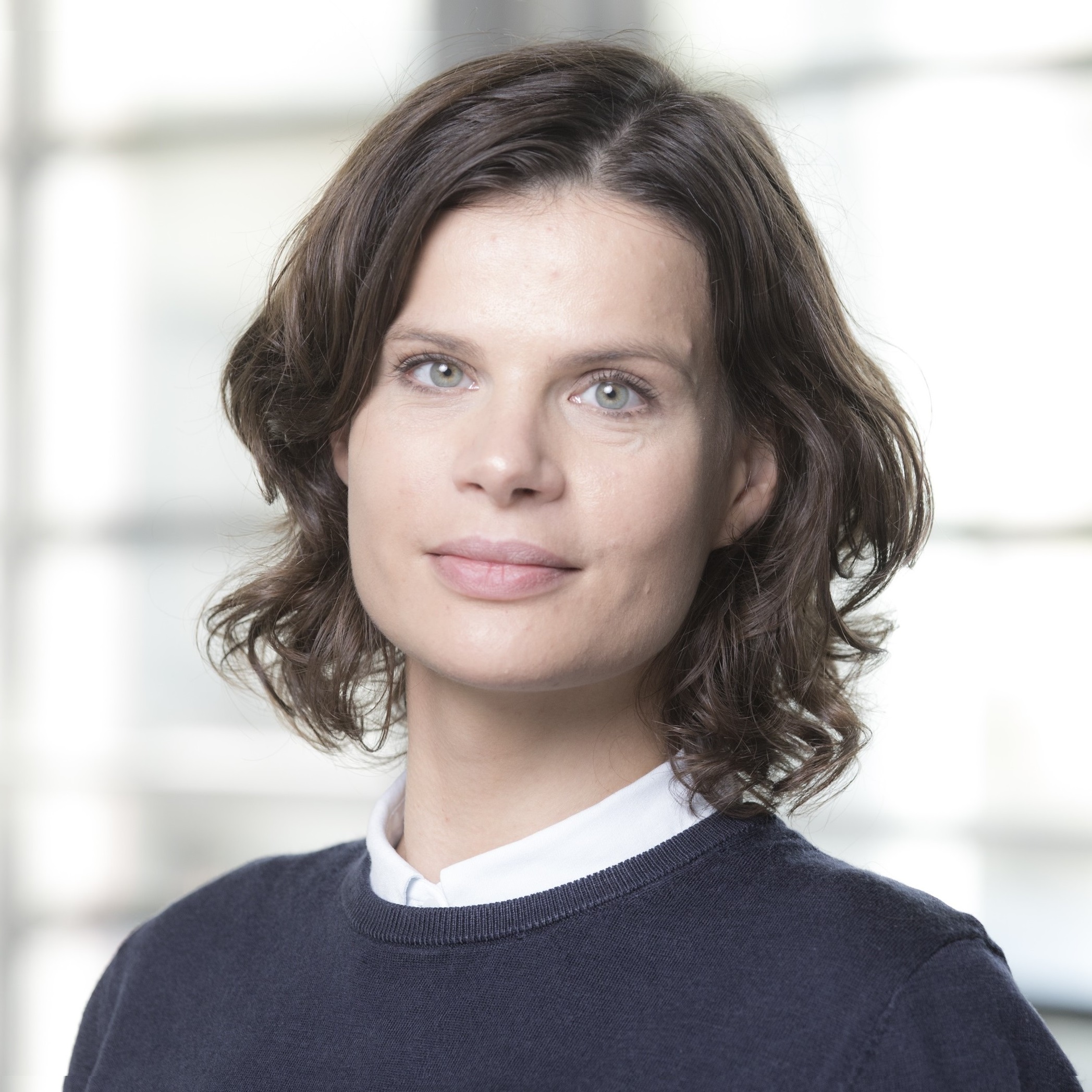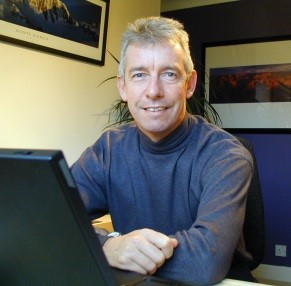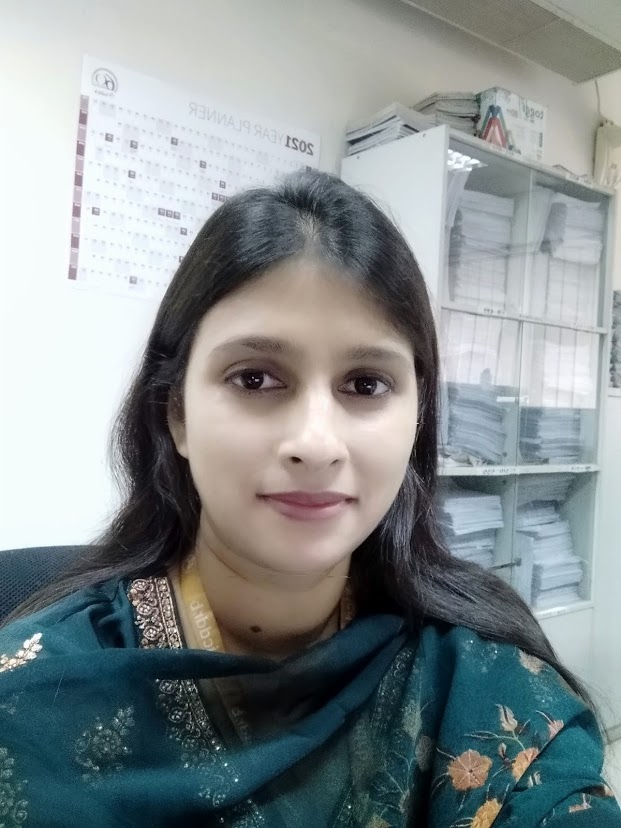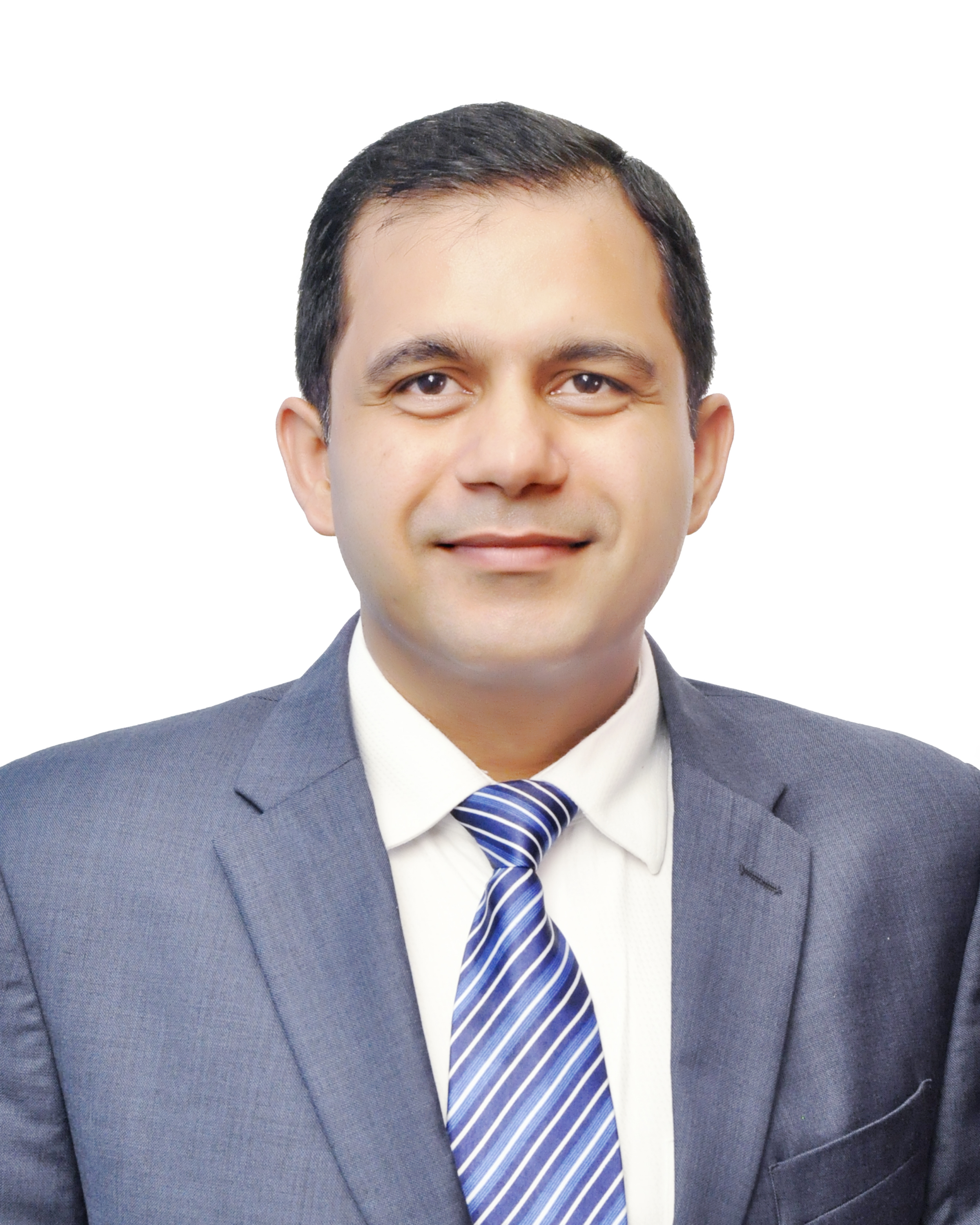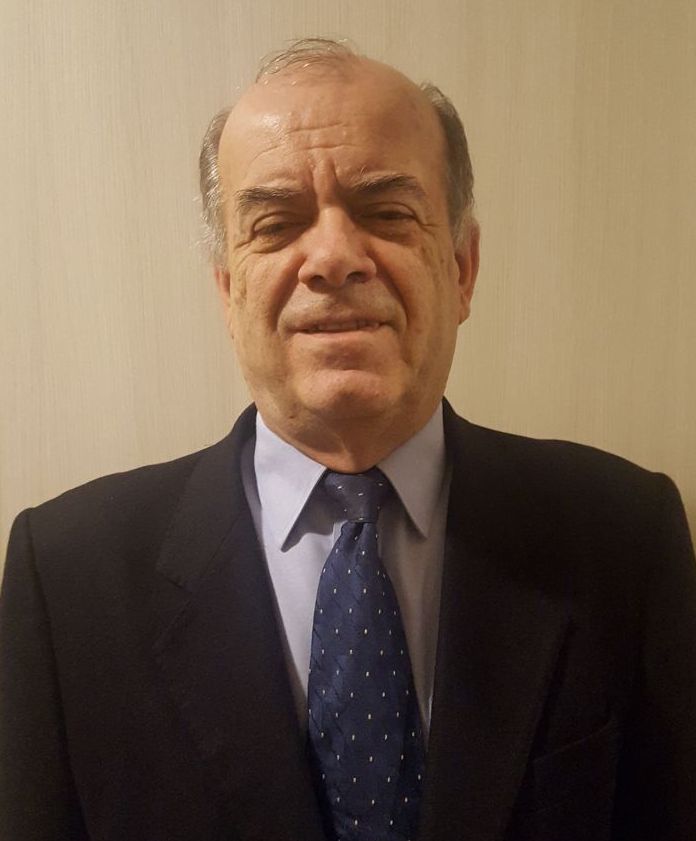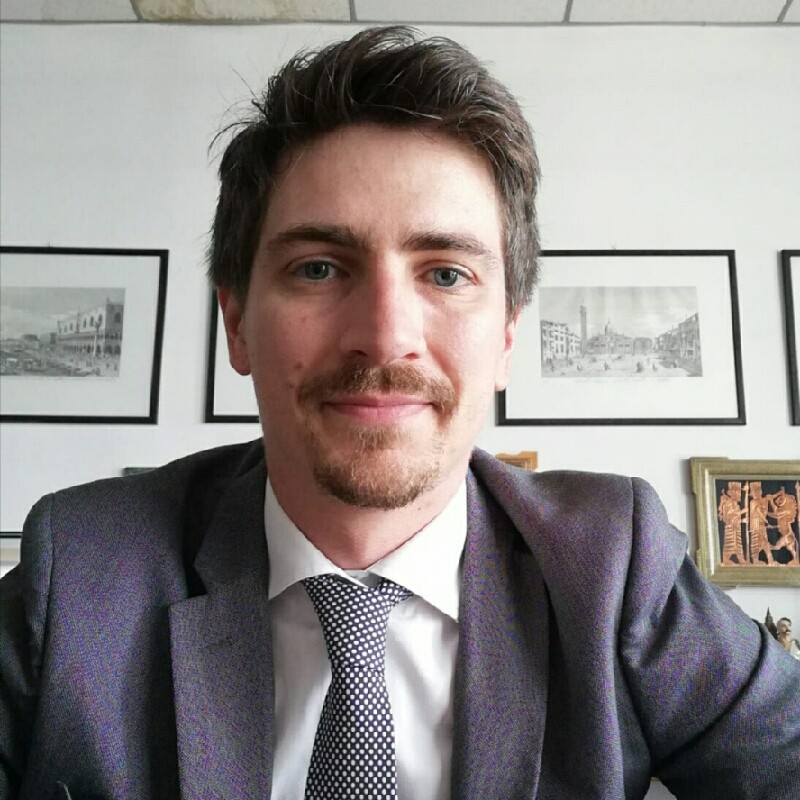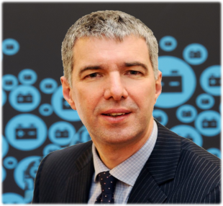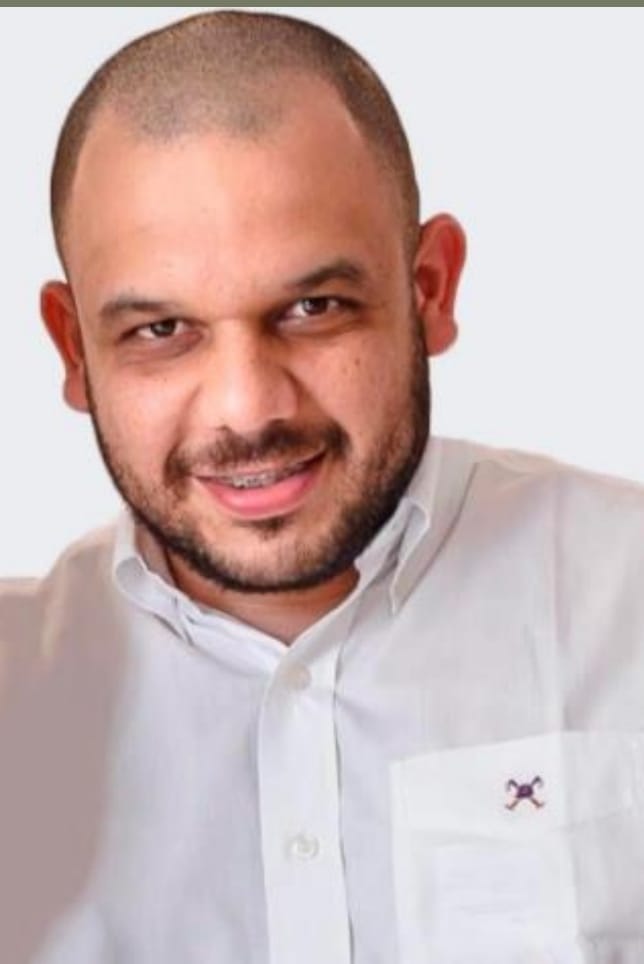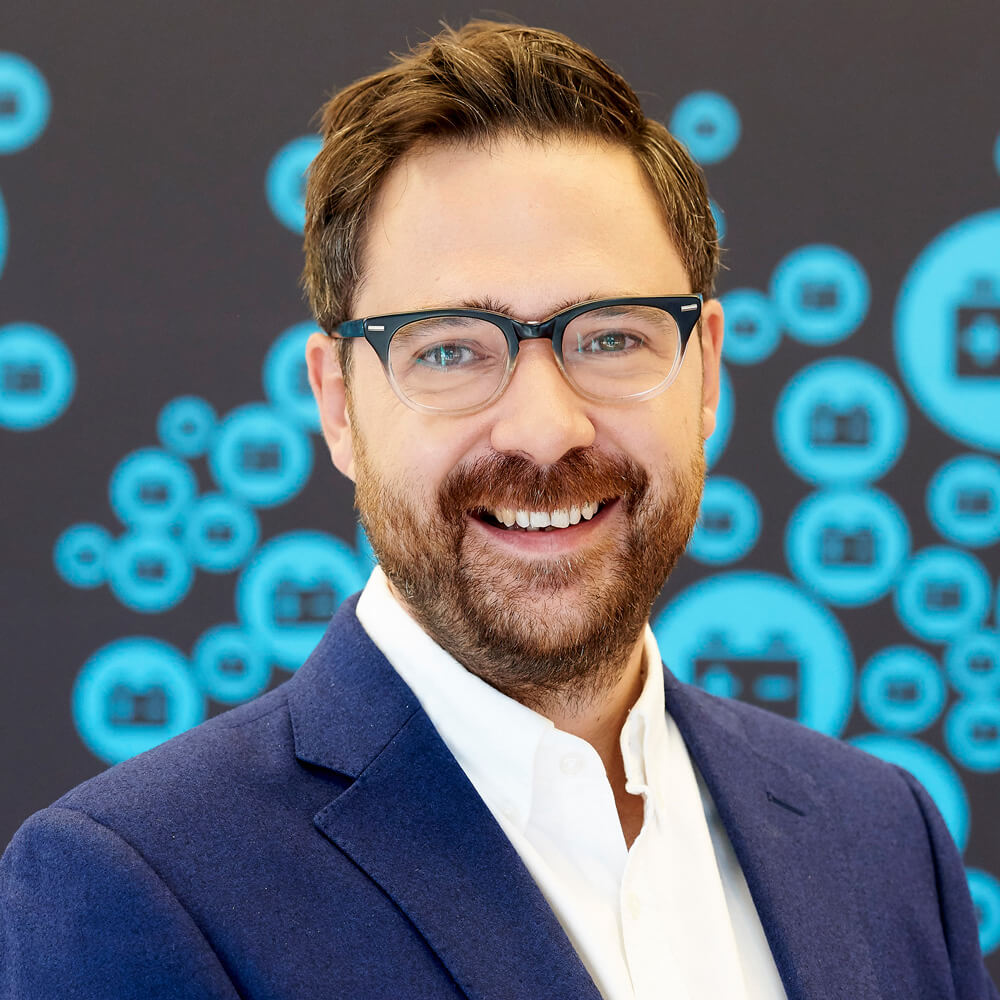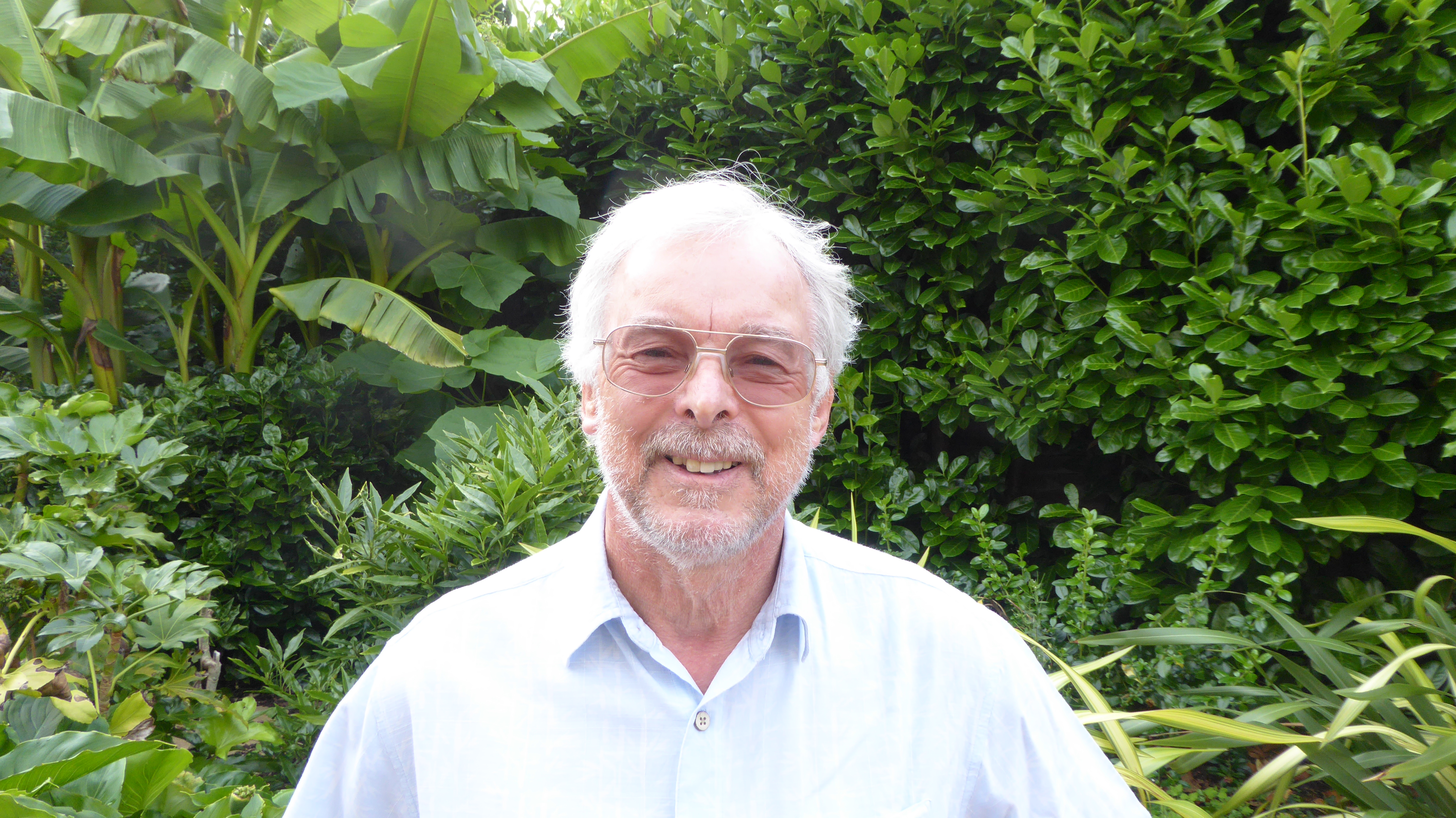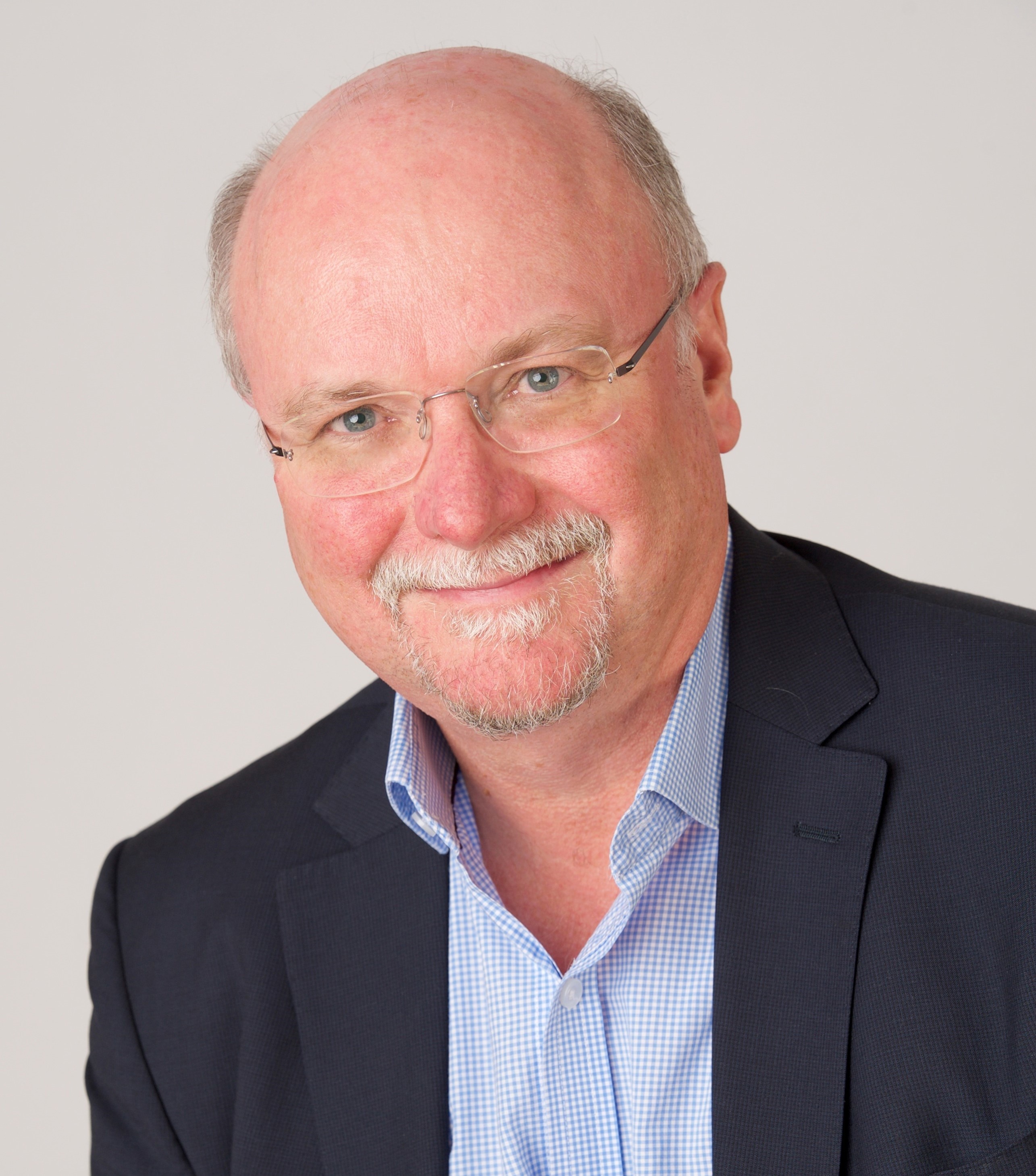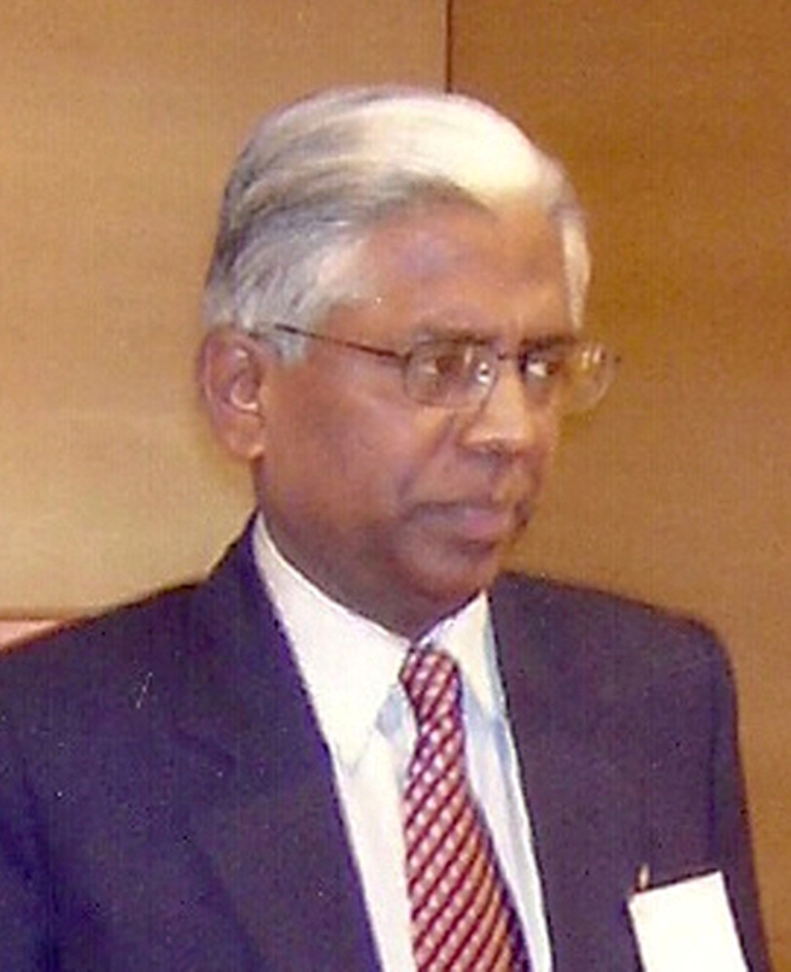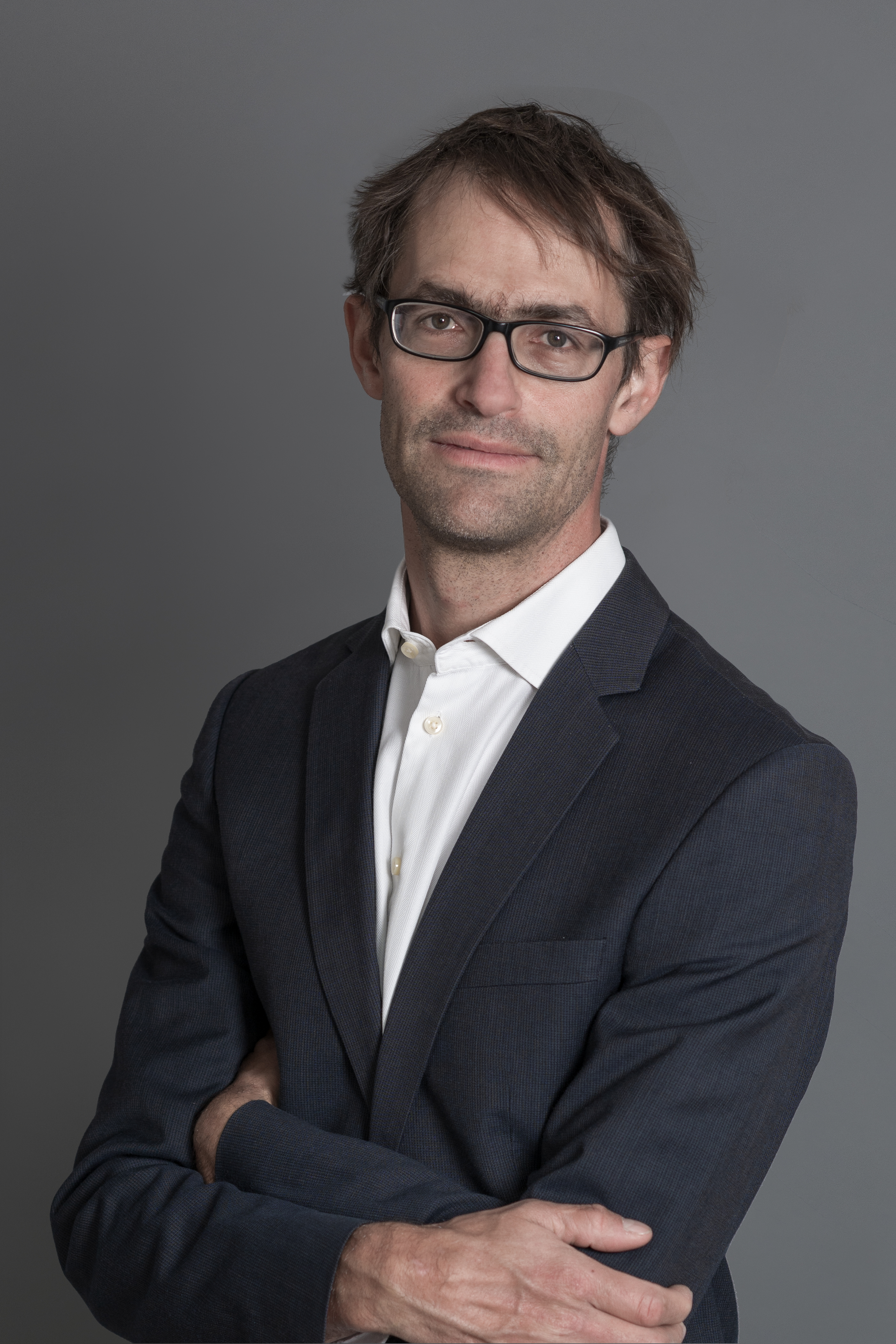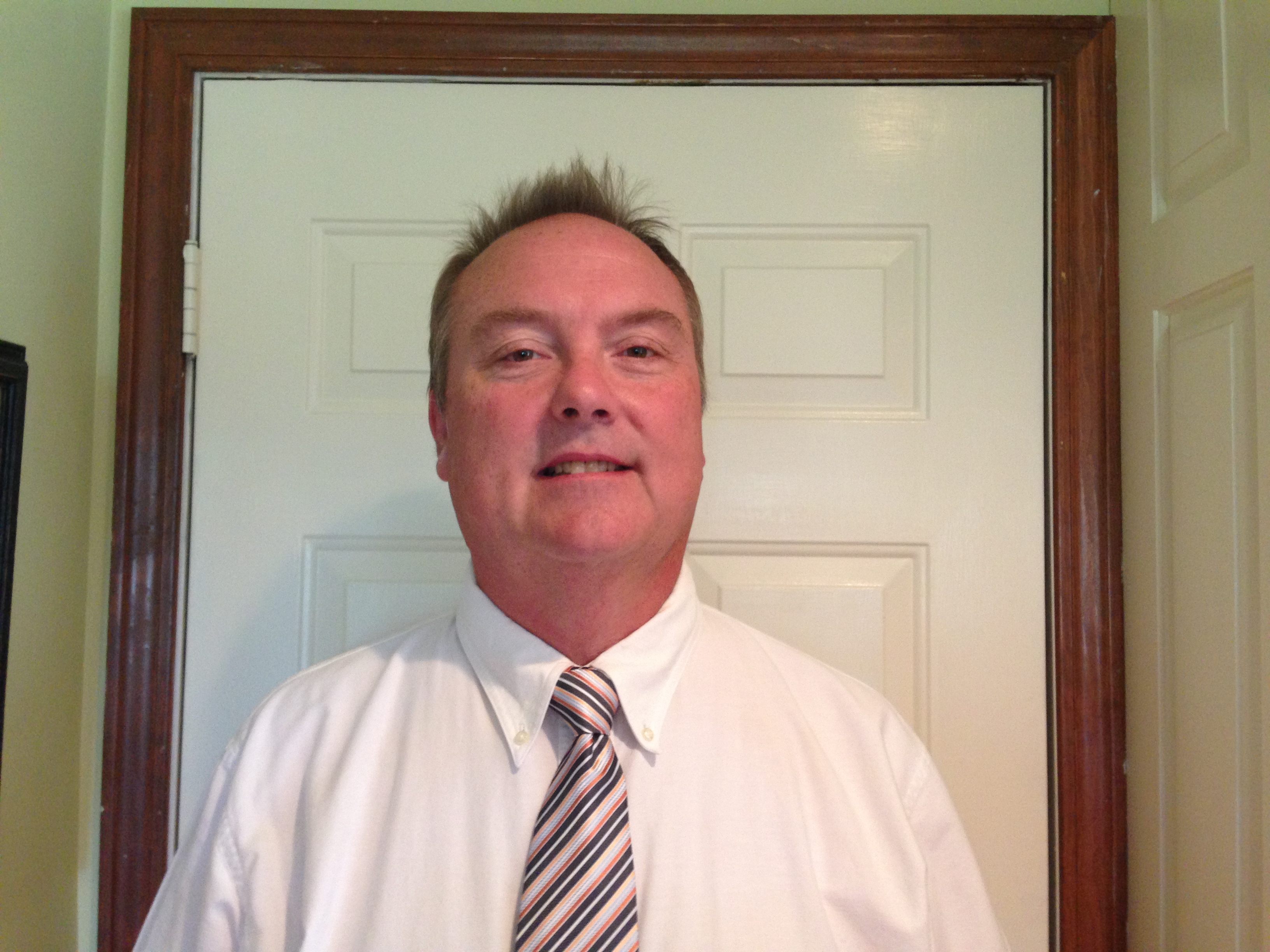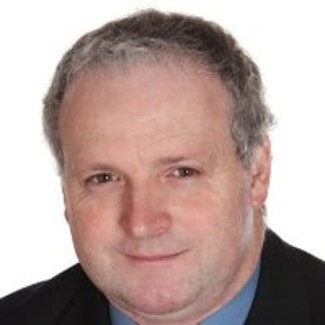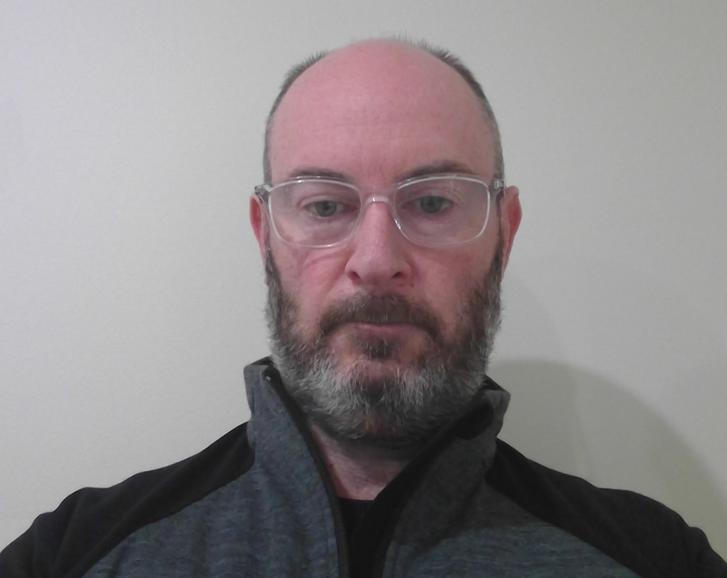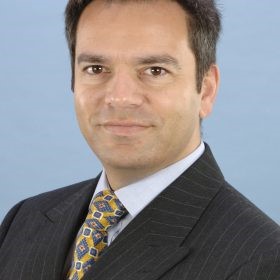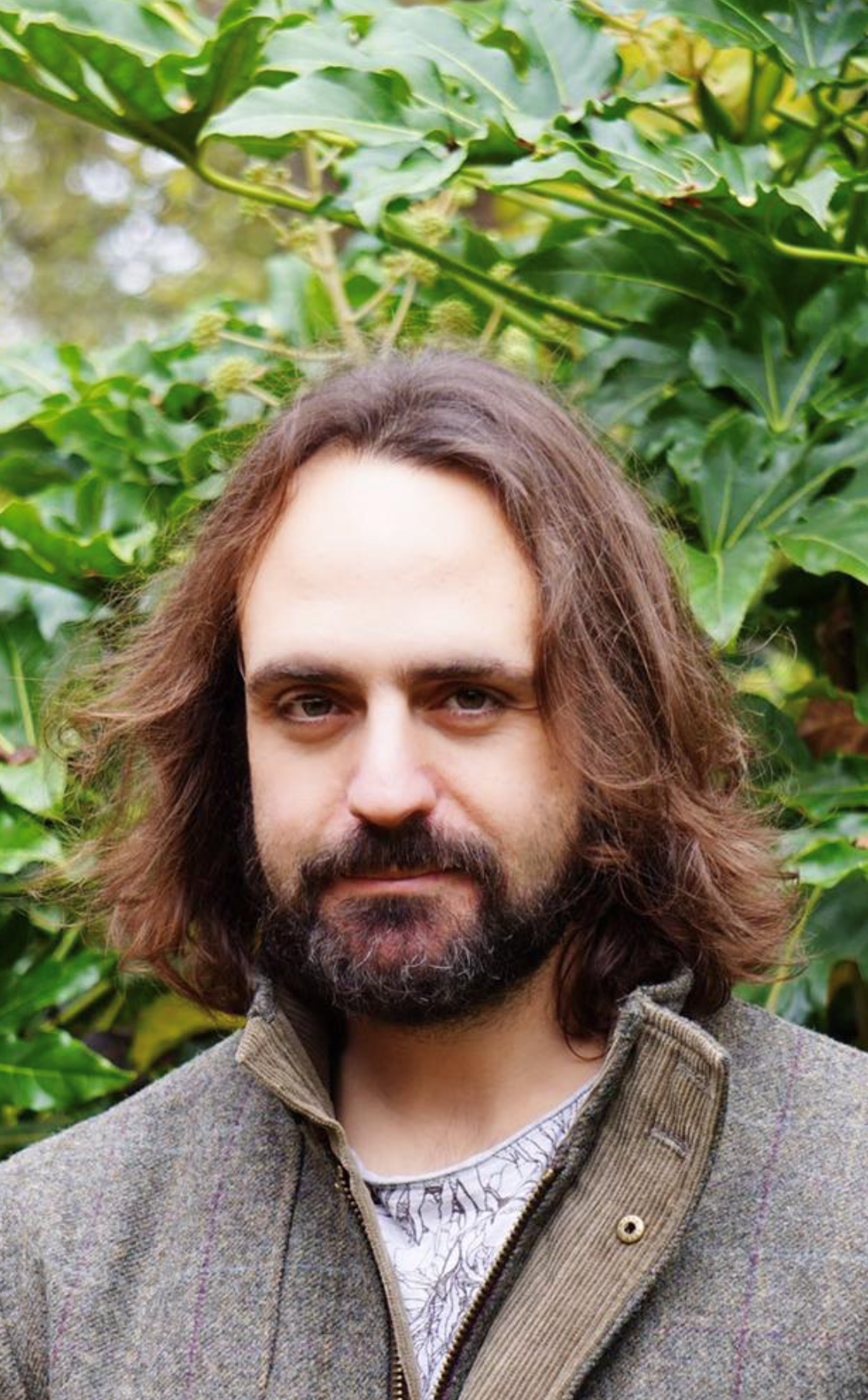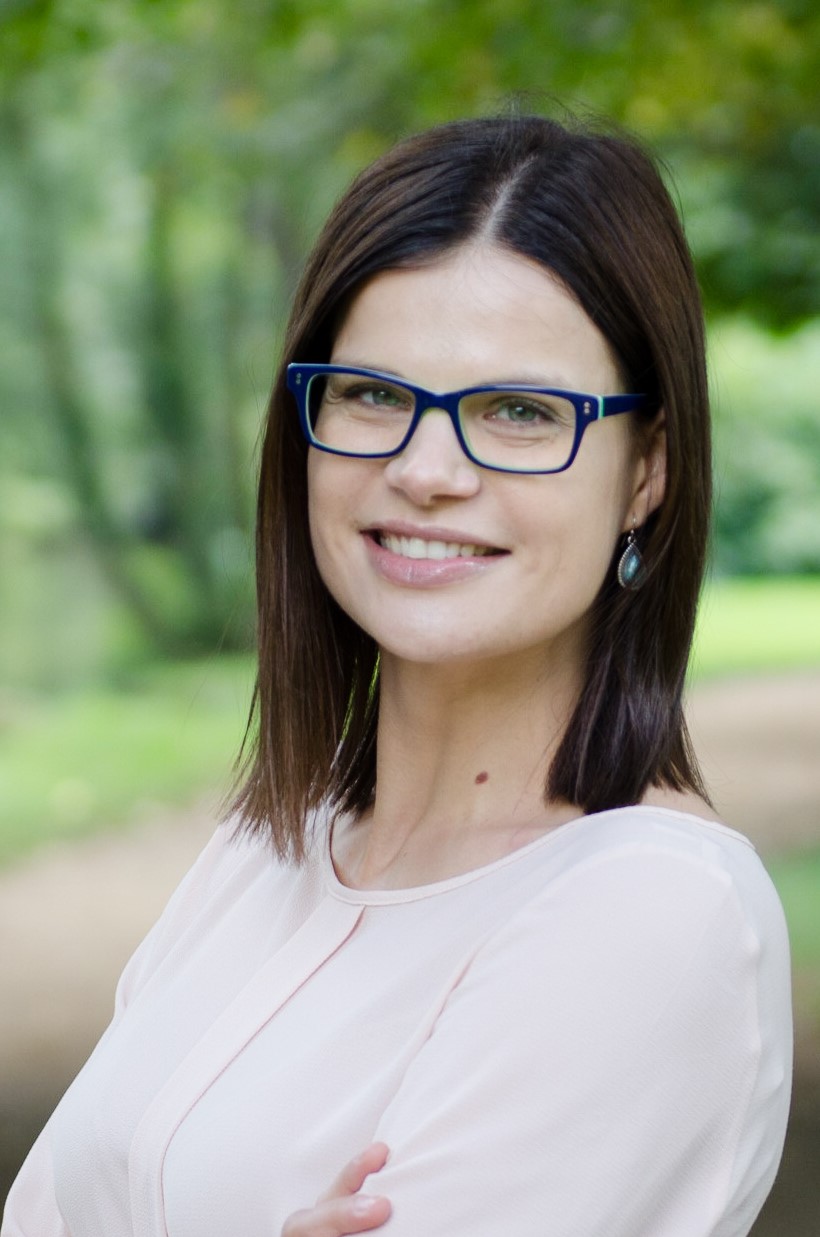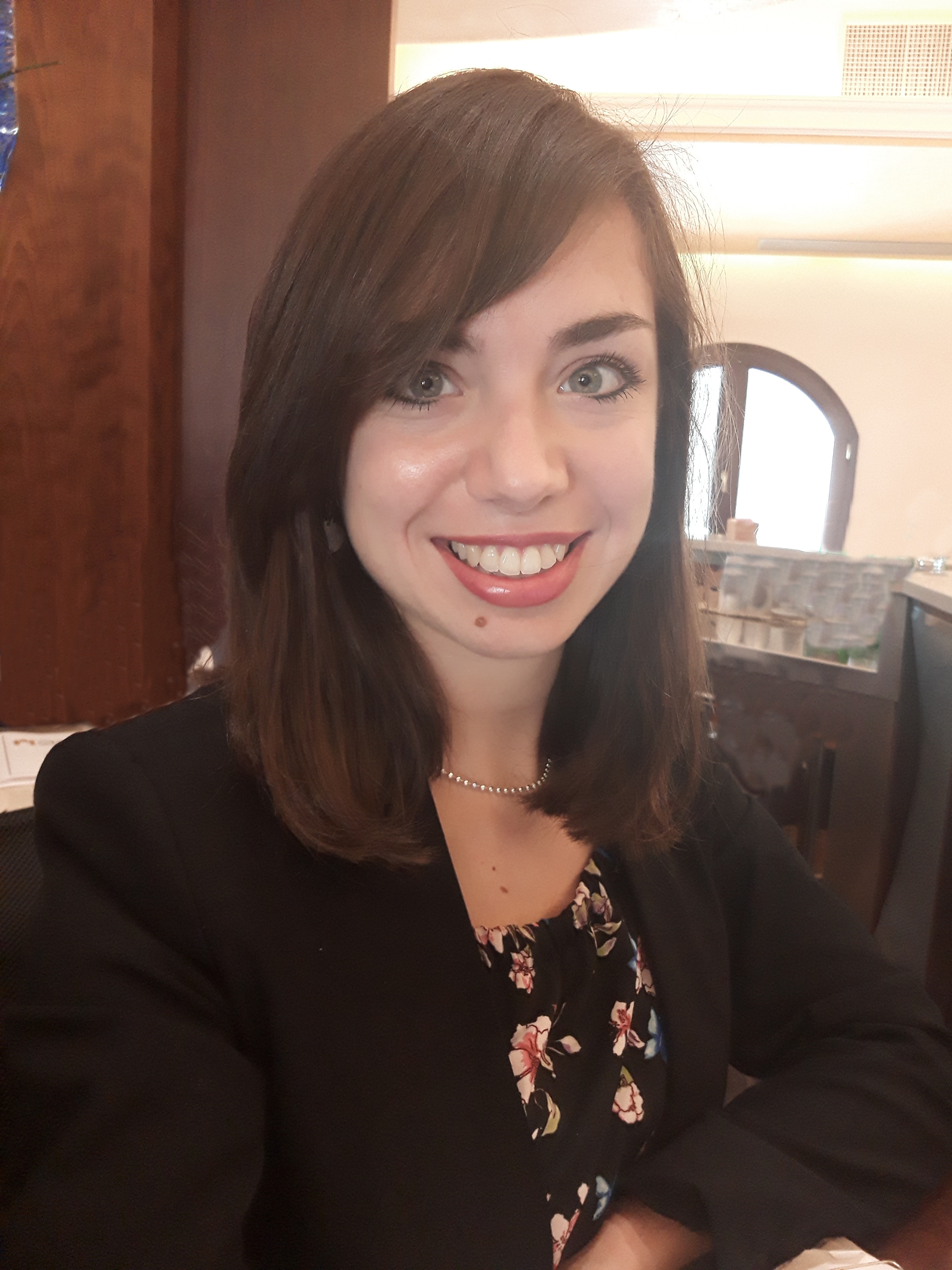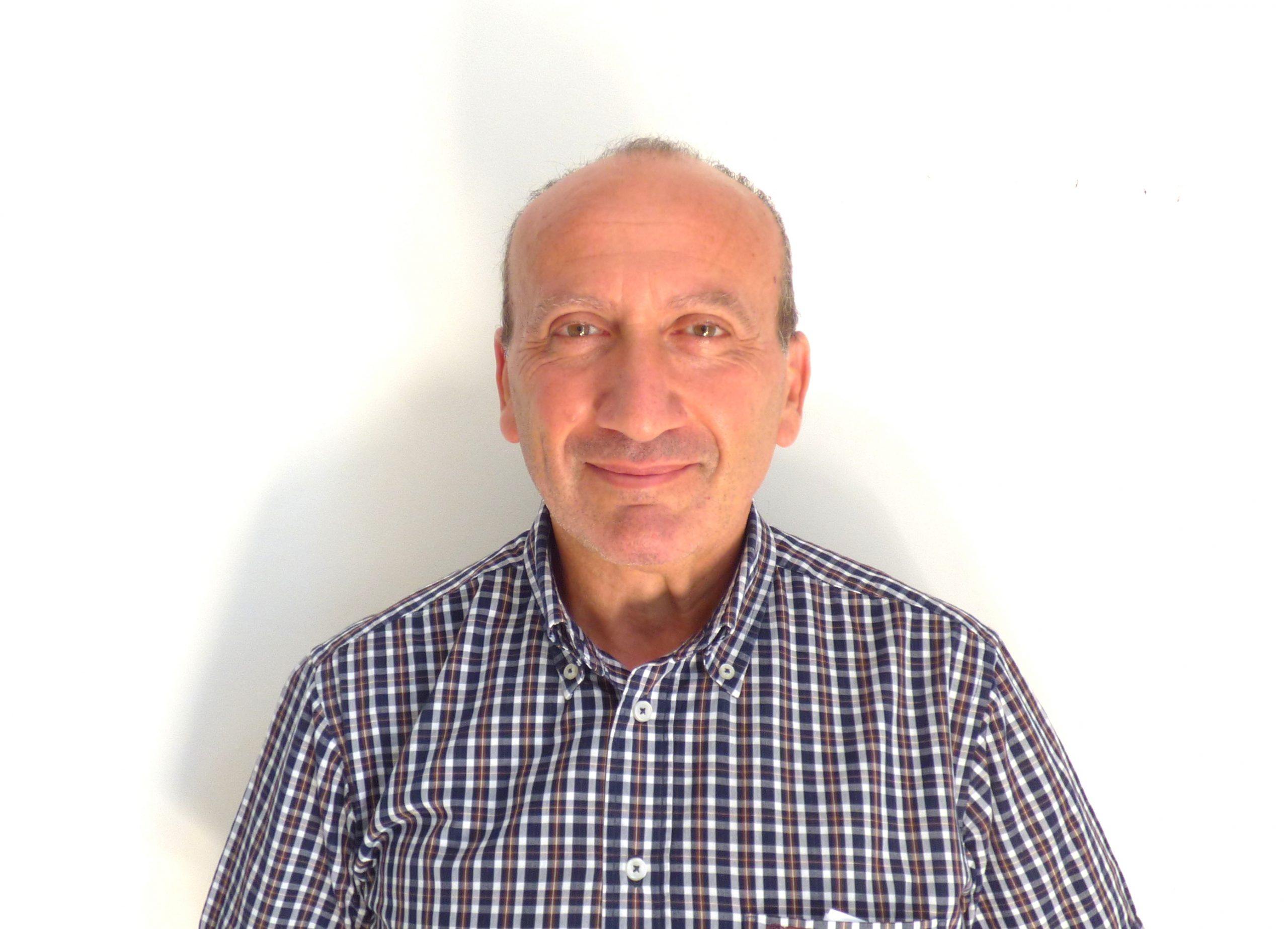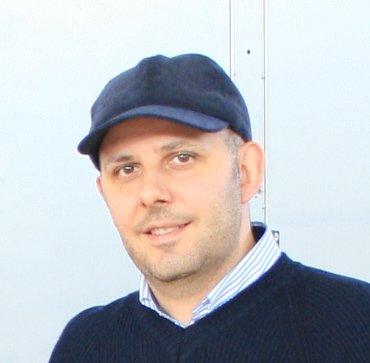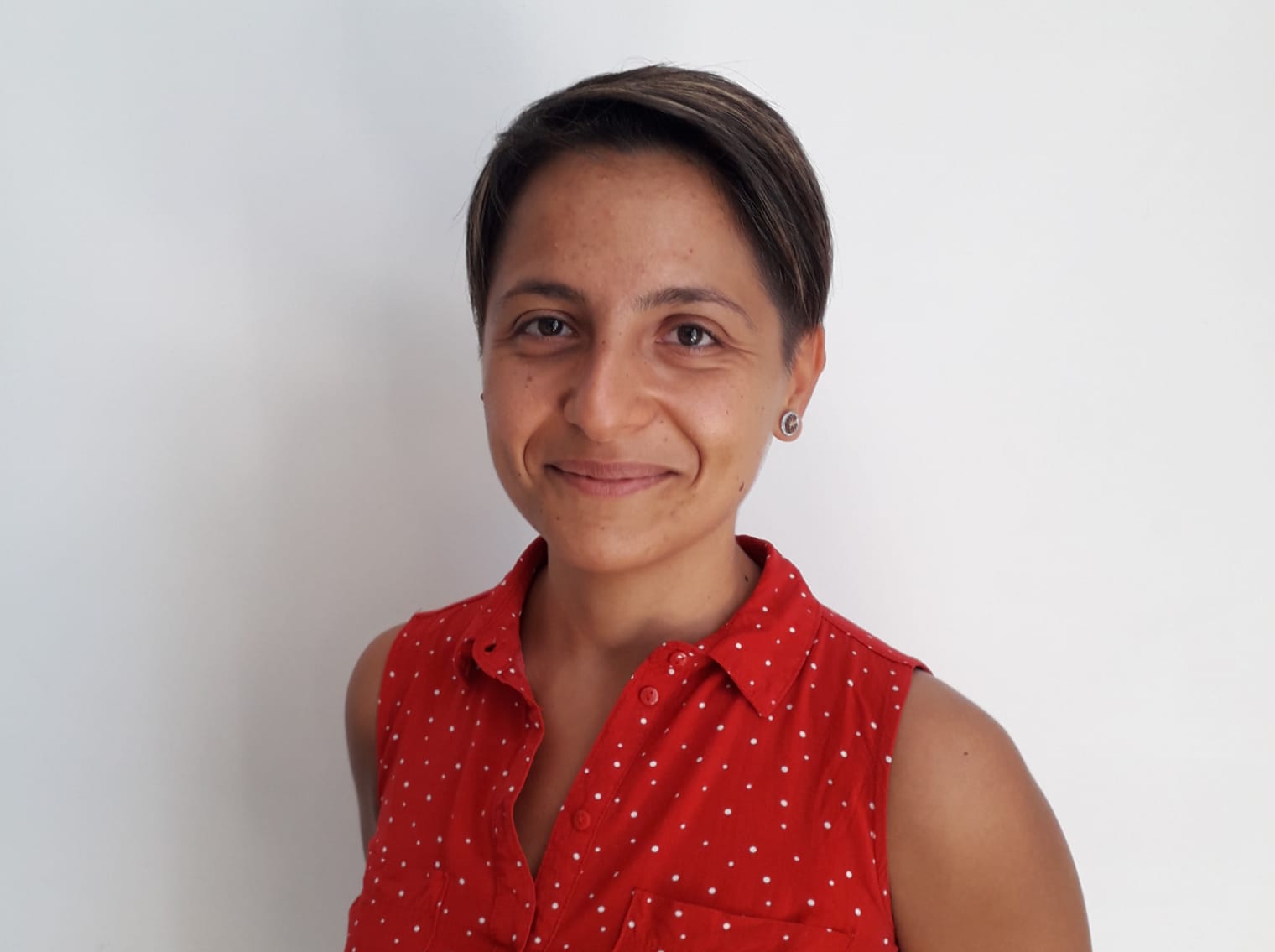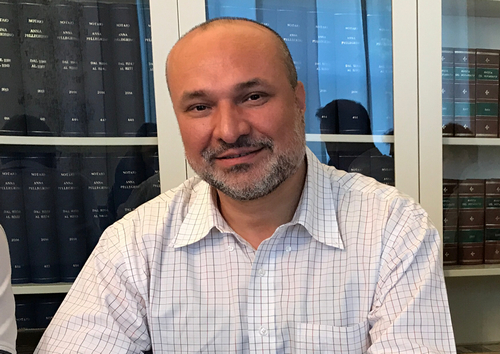Et odio pellentesque diam volutpat commodo sed egestas egestas. Enim ut tellus elementum sagittis vitae et leo duis. Non blandit massa enim nec. Pretium quam vulputate dignissim suspendisse in est ante. Porttitor eget dolor morbi non arcu risus quis varius. Erat imperdiet sed euismod nisi porta lorem mollis. Tortor at risus viverra adipiscing at in tellus.
Lead Battery 360 – a global lead battery material stewardship program
The International Lead Association, working with three other Industry associations – the Battery Council International, EUROBAT, and the Association of Battery Recyclers – has formed a global alliance to improve standards in the lead battery value chain worldwide. The alliance is working together on a comprehensive material stewardship program to promote responsible sourcing, encourage continuous improvement in EHS performance of all companies in the lead battery value chain, encourage the development of producer responsibility programs, support best practice sharing and enhance transparency by reporting progress to interested stakeholders.
The presentation will provide an overview of the program, including progress to date and anticipated next steps.
Dr Andy Bush
Dr Andy Bush is Managing Director of the International Lead Association (ILA), which represents the lead industry globally. After joining the organisation in 1997 he coordinated the lead industry’s activities on the EU REACH Regulation and several other key EU regulatory programs, before being appointed ILA Managing Director in 2011. Dr Bush led a global restructuring of several lead industry organisations, refocusing efforts on a new, coordinated strategy to promote and protect the interests of the lead industry worldwide. He also oversaw the launch in 2019 of the Consortium for Battery Innovation – formerly the Advanced Lead Acid Battery Consortium.
Cost Effective Lead Recycling Technology with Minimal Waste Formation
The Gianni Mori Engineering (GME) company was established in 2013, based on 30 years of experience of its founder. GME aim is to create engineering equipment from experience gathered globally, improving the recycling of used lead batteries (ULAB’s) to replace primary lead raw materials.
This presentation will focus on the company’s new breaking technology that maximizes the recycling recoveries from ULAB’s whilst minimizing waste and residues. The new “Gravity Breaker” designed by GME technology is leveraging on the natural gravity force to obtain the best separation with the maximum recovery of the battery components, namely: lead paste, metallic fractions, polypropylene, polyethylene and glass fibre. The aim is to produce fractions of high quality while reducing waste formation.
The better use of gravity sorting and cleaning gives a better fraction separation, cleaner output, and highest quality than a standard battery breaking process, reducing the time and cost of the smelting and refining phases.
Mr Maurizio Mori
Maurizio Mori holds a Degree in Economics and Business Administration from Università Cattolica di Milano, and a Masters Degree in Marketing. He started his professional journey at Samsung Electronics as a Product Manager Support, then continued on to Candy Group (currently Haier group) connecting consumers’ needs with new technologies, enablers of a greater value, within the consumer technology industry.
Keen on the commercial dimension and passionate about digital and new ways to interact with consumers, in 2016 Maurizio joined Whirlpool Corporation Group, driving new product development from scratch up to sellout strategies and initiatives, on different product categories and across EMEA, pursing strong track of records on all relevant KPIs.
Today Maurizio is serving GME commercial operations with the aim of spreading a sustainable and green technological message around Circular economy industry.
Mr Gianni Mori
Gianni Mori graduated as a Mechanical Engineer from Politecnico di Milano in 1975. He joined A. TONOLLI & C, starting his very first journey in the non-ferrous metals’ recycling industry, being part of the engineering department and becoming one of the youngest Team Technical Directors at the age of 35. Over time, Gianni expanded his knowledge into the Used Lead-Acid Batteries (ULAB) and Aluminium UBC (Used Beverage Cans) fields, practicing and innovating in the designing and manufacturing of Plants to be suitable in almost every environmental and climatic situation travelling among the 5 continents.
Wanting to pay forward what he had learnt from previous experience, Gianni began sharing his experience as a technical consultant with many different stakeholders, including Universities and medium/large sector’s Companies. Noticing the world was becoming more Sustainability-aware, he went to become Head of Recycling at BERNARDI IMPIANTI, an international group with the willingness to expand their presence into the non-ferrous metals recycling sector, directing and taking the responsibility of large-scale projects.
With the aim of finding purpose, harnessing collaboration and driving change in the sector, Gianni decided to pursue his biggest dream: creating his own company along with the best people he had met in his journey as a team, to partner with various stakeholders in creating impactful innovation in the recycling field, aiming big and dreaming of building engineering production and consumption circular models to radically reduce the usage of world’s virgin raw materials.
Deep Eutectic Solvents – Next-generation Solutions for Lead Recycling
Deep Eutectic Solvents (DESs) are a relatively new class of solvents, first reported by Andy Abbott et al. in 2001. Unlike their predecessors, ionic liquids, DESs are typically composed of non-toxic and biodegradable chemicals. DESs can be easily synthesised by mixing two components, a hydrogen bond acceptor and a hydrogen bond donor, to form a new eutectic phase with a melting point much lower than that of each individual component.
The team at Imperial College London has identified a number of DESs suitable for the recovery of lead paste from used lead-acid batteries. The proprietary combinations of widely available chemicals are very effective at solvating lead compounds, including lead oxides and sulphates. Solubility levels approaching 590 grams of Pb(II) per litre of solvent enable lead recovery via chemical leaching or electrochemical methods. The presentation will discuss our recent developments focused on scaling up to a closed-loop, continuous operations prototype, process costs at scale and life cycle analysis to benchmark with the incumbent technology.
Dr A.K. Ola Hekselman
Dr A.K. Ola Hekselman is a Research Fellow at Imperial College London. In 2020, she and Prof. David Payne co-founded Solveteq, an Imperial spin-out company, to further develop and commercialise a lead recycling method based on the use of Deep Eutectic Solvents. Ola is a chemist by training and worked with various battery technologies since 2009.
Appropriate Breaking and Separation Systems for Used Lead Battery Recycling
The presentation reviews the state-of-the-art for used lead-acid battery (ULAB) breaking and separation plants, designed and manufactured by Battery Recycling Systems.
With the increased need for environmentally sensitive battery recycling process(s), the importance of selecting an appropriate breaking and separation system for a modern, highly efficient, ULAB recycling plant, is discussed.
Doug Lambert
Joined Oldham Batteries (Denton, Manchester, UK) in February 1977, and now with over 44 years of experience in the lead-acid battery industry; working for battery manufacturers, battery manufacturing equipment suppliers, and 12 years as a specialist lead-acid product and process consultant, is currently;
Vice President of Sales and Technology, for WIRTZ Manufacturing Company Inc., Port Huron, Michigan, USA (having re-joined WIRTZ in August 2011 as Technology Manager, and accepting the VP role in October 2012).
ULAB Issues, Challenges, Experiences and Opportunities in Bangladesh
The market for lead acid batteries is rapidly expanding in Bangladesh, owing to their widespread use in different battery-powered vehicles. The battery manufacturing companies of Bangladesh consume around 100,000 MT of lead per year, of which the majority comes fromthe informal sector. The International Lead Association has observed that batteries for electric 3-wheelers account for more than 75% of all lead acid batteries recycled in Bangladesh. A study that explored the supply chain of used lead acid batteries (ULAB), the Lead battery market, and end users of the recycled lead, went on to explore the context and a possible solution to reduce the lead recycling rate and associated adverse health and environmental impacts in Bangladesh. Semi-structured interviews and site visits with ULAB scrap dealers and trader, recyclers, repairers, suppliers, and customers were conducted and the results analysed. The conclusion was that the electric three-wheeler batteries last just 6 to 8 months and are expensive. Indeed, a replacement set of batteries costs about a third of the price of a new three-wheeler. Motive battery customers are mostly poor, not particularly well educated and unaware of the sub-par quality of the Lead batteries they purchase because there are numerous counterfeit Lead batteries on the market, therefore a brand name on a battery is not a reliable attribute. In addition, the rickshaw driver are reluctant to pay for high quality batteries and this is also a major cause of low standard Lead batteries being readily available in the market. Short battery life is also linked to a lack of attention to battery maintenance and poor recharging practices also contribute to a lowering of a Lead battery’s usable life and wastes electricity during charging. Based on these findings, the teams in Bangladesh and Stanford University are exploring potential solution pathways to increase the battery lifespan for electric three-wheelers and at the same time reduce the recycling burden.
Ms Syeda Nurunnahar
Syeda Nurunnahar is a Public Health Researcher working in the environmental Intervention unit at the international center for diarrheal disease research Bangladesh (icddr,b). Syeda obtained her BSS and MSS degree in Anthropology from Dhaka University. She assists mentorship of Masters Students belonging to Stanford University in the U.S. A. Syeda has expertise in exploring the research context, making strategic plans and implementing interventions. Syeda Nurunnahar has a growing interest on working heavy metal toxic contamination issues. She is currently working on a project to assess, mitigate and prevent exposure to toxic lead from unsound industrial activities and contamination products.
Mr Ziaur Khan
Dr. Md. Ziaur Rahman Khan is a professor at the department of Electrical and Electronic Engineering (EEE) in Bangladesh University of Engineering and Technology (BUET), Dhaka, Bangladesh. He completed his B.Sc. M.Sc. degrees in EEE from BUET. He obtained his Doctorate (PhD) degree from University of Cambridge, UK. He delivered 21 Masters Degrees and has published more than 100 articles in the reputed conferences and journals. He worked as the national expert for the EV charging policy of Bangladesh. He has implemented several projects on electric three wheels and worked with Bangladesh Railway for the possible introduction of electric traction system in Bangladesh.
Ms Jenna Forsyth
Jenna is a postdoctoral fellow with the Woods Institute for the Environment. She completed her PhD with the Emmett Interdisciplinary Program in Environment and Resources and obtained her Master’s in Civil and Environmental Engineering from the University of Washington. Her research brings together principles of environmental science, epidemiology, and behavior change. She hopes to develop and evaluate interventions to minimize exposures to contaminants and disease vectors in low-income countries. Her most recent research on lead contamination in food has brought her to Bangladesh.
Ms Amrita Kundu
Amrita Kundu is an Assistant Professor of Operations and Information Management at the McDonough School of Business, Georgetown University. She conducts interdisciplinary empirical research to discover ways in which businesses can create social value and improve environmental sustainability. She completed her PhD in Management Science and Operations at London Business School and postdoc from the Stanford Graduate School of Business. Prior to that she worked at the World Bank.
Ms Erica Plambeck
Erica Plambeck is the Charles A. Holloway Professor of Operations, Information & Technology in the Stanford Graduate School of Business and Senior Fellow in the Woods Institute for the Environment. Erica received the Presidential Early Career Award for research in supply chain management, and was recognized as a Faculty Pioneer in social and environmental stewardship. Erica, received a BS in Mathematics and Industrial Engineering from the University of Wisconsin-Madison, developed decision-models for EU climate change policy as a Marshall Scholar at Cambridge University, and received her PhD in Engineering Economic Systems and Operations Research from Stanford University.
Mr Mahbubur Rahman
Dr. Md. Mahbubur Rahman is a medical graduate with masters of public health and populations sciences with 22years of experience in public health research. Dr. Rahman has been leading Environmental Interventions Unit at icddr,b which employed a team of public health professionals, epidemiologists, anthropologists, social scientists and statisticians. He has been working on lead issues since 2014 and works on a range of environmental health issues in Bangladesh. He has published 74 research articles in the peer reviewed journal and presented research findings in many conferences. Dr. Rahman has been collaborating with many renowned researchers around the globe.
Mr Qiong Wang
Qiong Wang received his PhD in Engineering and Public Policy from Carnegie-Mellon University, worked at Bell Labs as a Member of Technical Staff, and is now an associate professor of Industrial and Systems Engineering with University of Illinois at Urbana-Champaign. He conducts research on models and analyses of business systems and processes, focusing on developing efficient operational strategies, assessing environmental and other societal impacts, and making policy recommendations. He has published his work in Management Science, Operations Research, and other leading journals of his field.
Mr Nazmul Hassan
Hi, my name is Nazmul Hassan, I have completed my B.Sc in EEE from BUET in 2021. Currently doing my M.Sc in the same Dept and working on a project as a Research Assistant which is a collaboration between BUET, ICDDRB and Stanford Graduate Business School. My research interests focus on Renewable Energy, Energy Storage System, Power Electronics Converter, Smart and Micro Grid System.
Secondary lead recycling in Africa
Africa is one of the growing markets for recycling commodities, including ULAB. Besides recycling, and in addition, Africa is also offering awide range of minerals and metals to the entire world. It is world’s second largest continent with more than 50 countries. All the countries have different cultures, values and opportunities. The recent economic development across the continent together with its large population makes Africa an important market in the global economic context.
However, low GDP and per capita income in many of Africa’s nations linked with low levels of literacy brings challenges throughout the whole continent.
Africa is a net metal and minerals exporting continent, but despite its potential wealth poverty levels are high resulting in large sale informal businesses, including ULAB recycling thereby posing huge challenges for governments and the formal business sectors across the entire continent.
Notwithstanding the inherent issues there is increasing economic developmental and foreign investment which is essential to improve infrastructureand growth in the entire African market. The production of lead batteries is growing rapidly in Africa as the market for lead batteries expands. However, Africa is facing serious environmental and potential health problems due to a lack of regulation and investment in environmentally sound battery recycling plants.
Our presentation will cover a Brief overview of the African territories, the challenges in Africa, recycling in Africa, the initiatives planned, Gravita’s Position in Africa and the way forward (Gravita’s Plan).
Vijay Kumar Pareek
Mr. Vijay Pareek is executive director and SBU Head for Lead Business at Gravita India Ltd, heading the global Lead business of the Gravita group. He is a regular participant and speaker at various international conferences. In the past 28 years of experience his assignments are spread from sales & marketing and business developments in various industries including the power sector and Non-ferrous Metals.
Mr. Pareek holds degree in Metallurgy and Masters in Business administration.
Proprietary Zero Emission and Room Temperature Recycling Processes For Used Lead Acid Batteries (ULABs) and Lead Bearing Smelting Slag
ACE Green Recycling (ACE) has developed a zero emissions electrochemical processes to recycle ULABs and lead bearing smelting slag. Both technologies are modular and operate at room temperature.
For the last 24 months ACE has been operating a commercially viable pilot plant facility in India where it recovers more than 99% of the lead contained in ULABs, using low cost machinery with competitive operating costs making the overall process more efficient and profitable when compared to the traditional pyro-smelting processes.
The lead slag treatment technology allows ACE to recover more than 95% of the lead and other metallic content contained the slag and reduces the final solid waste by more than 65%.
ACE is currently in the process of obtaining permits in various countries across Southeast Asia and the Middle East. The company expects to start commercial scale production in up to 3 facilities during 2022. ACE is also working closely with the industry under Joint Venture and Licensing models for both ULAB recycling and lead slag treatment technologies. The modular nature of ACE’s technology allows it to deploy flexible operating capacities which can be optimized for relevant geographies.
The speaker will introduce the recycling processes, their benefits compared to smelting and share the latest updates.
Dr Vipin Tyagi
Dr Vipin Tyagi is the CTO and Co-founder of ACE Green Recycling, Inc. He is passionate about the environment, sustainability and entrepreneurship. He co-founded ACE with the aim of providing a cost-effective and zero-pollution recycling technology for lead-acid batteries, which is the most recycled commodity globally. Prior to starting ACE, he worked at Merrill Lynch in commodity trading and structuring space in Houston and Singapore, where he developed a keen understanding of the metals and energy markets. Vipin holds a Ph. D. in Mechanical Engineering from Texas A&M University and a B. Tech. in Mechanical Engineering from IIT Bombay.
How to connect productivity, cost and environmental impact reduction in secondary lead
The lead-acid battery, is rapidly becoming the only lead based product and subsequently the most important raw material for lead production. Secondary lead production is growing in importance in the life cycle of lead, enabling lead to hold the title of the most recycled commodity.
Legislative pressure on lead operations has increased over time, nevertheless, lead continues to be an important player in the energy storage market, due to the Lead batteries being reliable and relatively cheap. The challenge for lead producers is to make the production processes, especially secondary smelting, more environmentally viable, to fulfill the legislator’s requirements, while improving worker’s safety and plant economics.
In this presentation we are going to describe the latest advances introduced by Engitec.
Massimo Maccagni
Massimo Maccagni is a Consultant Senior Technologist at Engitec Technologies S.p.A. He graduated with a PhD equivalent in Industrial Chemistry (specializing in Electrochemistry and Metallurgy) in 1980 at Milan State University. Following his studies he was a researcher at De Nora Impianti Elettrochimici, studying electrocatalysts and electrochemical processes. Later on he was responsible for the Technical Service of the Italian Dow Chemical distributor. In 1990 he took on the role of R&D manager of Engitec studying new processes for the production of non ferrous metals.
Daniele Silla
Daniele Silla is the Commercial Department Manager at Engitec Technologies S.p.A. He holds a Degree in Economics and Management from the University L. Bocconi (Milan), as well as a Masters Degree in Applied Economics from Catholic University (Milan). After completing his studies, Daniele went on to work in the Technical Local Unit at the Ministry of Foreign Affairs, Senegal, and after that he worked in Business Development and Finance for Decal SpA. He started at Engitec Technologies in 2013.
Is the Regulatory Pressure on Lead Easing? An update on European and U.S Legislative developments
2020 heralded a change of leadership at the European Commission and in the USA. How has this impacted regional policy objectives and what can we expect in terms of new legislative challenges and opportunities effecting the European and North American lead sector? Will a focus on tackling climate change and the development of strategies for encouraging greater use of sustainable chemicals produce legislation that will further limit lead markets, or will it bring in a golden age for all battery technologies?
Dr Steve Binks
Steve Binks joined ILA in 2011 as Regulatory Affairs Director, having previously worked as Director of Hazard Assessment & Communication at GlaxoSmithKline. He has been employed in roles involving understanding and influencing developing legislation since joining SC Johnson as European Product Safety Manager in 1991. Steve is currently the chair of the Eurometaux Regulatory forum that assesses EU legislative development that impacts Associations and companies in the non-ferrous metals sector.
Application of synthetic zeolite for lead removal in effluents from secondary lead smelting companies
The development of alternative methods for treating and reusing lead-contaminated waste has received special attention in recent years. The creation of clean technologies at a competitive cost has made companies review their policies prioritizing these solutions. There are several processes applied to the removal of lead from effluent generated in secondary lead smelters, among them, chemical precipitation, reverse osmosis, ultrafiltration, hydrometallurgical processes, adsorption and ion exchange. In this scenario, the ion-exchange process is promising when the objective is the removal of lead at trace levels and reuse of the treated effluent, especially when zeolites are used as a filtering material. Zeolites are porous aluminosilicates with high specific area, pore volume and cation exchange capacity. Thus, in this work, we present an innovative process for the decontamination of effluents containing lead using zeolite manufactured by Antares Recycling as a molecular sieve, adsorbent, and cation exchanger. The tests were carried out in a fixed bed column, evaluating the effect of particle size and effluent flow in the mass transfer zone and the amount of lead removed. The flow rates of 10, 15 and 20 mL/s and particle diameters >3.5, 1.82 and <0.15 mm were evaluated, and the optimized conditions determined for the operation of fixed bed filters through the mass transfer zone.
Daniel Trindade
Daniel Trindade has a master’s degree in Environmental Engineering from UTFPR – Federal Technological University of Paraná, Industrial Chemist graduated from UTFPR – Federal Technological University of Paraná, and administration from the Technical School of Management Training – SEBRAE of Minas Gerais. He currently holds the position of Research and Development Manager at Antares Recycling.
Murilo Moises
Graduated in Chemistry from the State University of Maringá, Master in Urban Engineering from the State University of Maringá and Ph.D. in Chemistry from the State University of Maringá. He is currently adjunct professor at the Federal Technological University of Paraná and permanent member of the Postgraduate Program in Environmental Engineering (PPGEA) at UTFPR. He has experience in the area of industrial chemistry, intellectual property. Works in the areas of innovative processes to add value to industrial waste, manufacturing and application of porous materials (coal, zeolites, MOFs, clays, HDL) and gas capture, storage and purification.
Golden age for lead battery technology
There are significant opportunities for lead battery technology in current and future markets. However, in order to take advantage or these opportunities, the lead battery technology must continue to adapt, improve and innovate. This presentation will discuss the ground-breaking work of the Consortium for Battery Innovation – the only global lead battery research consortium. Key research results will be presented from CBI’s ongoing Technical Program – driven by the CBI Technical Roadmap. Utility and renewable energy storage applications offer huge opportunities for all battery technologies – new projects related to lead battery use in energy storage applications will also be discussed.
Best available technologies and environmental practices for the recycling of ULAB
The demise of the Lead Acid Battery has been predicted in certain circles, but the fact is that Lead demand is on the increase and despite the anticipated loss of much of the SLI market in the next decade, new markets are opening up. Indeed, as the world moves to green energy production so the need to store energy is opening a new and growing market for the Lead Acid Battery. However, the static nature of energy storage means that the batteries are getting bigger, and it is not uncommon to find batteries weighing 50 kilos or more. The new generation of storage batteries presents new challenges for the Lead industry, not only technical but regulatory. In order to remain the preferred storage medium, particularly in Africa and Asia recycling used Lead Acid batteries must be hygienic, safe and environmentally sound. A review of some of the best available technologies and practices sets the standard for the sustainable Lead Acid Battery Industry.
Brian Wilson
Brian has been working in the Lead Industry for the past 40 years, initially with Britannia Refined Metals in the UK, then the International Lead Zinc Research Organization and for the past 15 years for the International Lead Association. Brian is also a member of the Pure Earth Technical Advisory Board and as an Independent Consultant has been engaged by the Basel Secretariat, UNEP, ERM, the OeKO Institute and Pure Earth. During the last 40 years Brian has worked in every continent except Antarctica and no less than 51 different countries.
Regional patterns in secondary lead production pre- and post-Covid
The presentation will discuss developments in secondary lead production in the years leading up to 2020 highlighting key changes in output. There will be a focus on China, where there has been a very substantial increase in modern lead battery recycling facilities, and international trade in battery scrap, in particular imports into Korea and India.
The impact of the Covid-19 pandemic on battery scrap collection, international trade in scrap and production will be assessed, highlighting those countries/regions where secondary lead production has experienced a significant adverse impact.
In the final part of the presentation consideration will be given to prospects for recovery from the pandemic and any potential developments which might have a longer-term impact on both the scale and location of secondary lead production.
Huw Roberts
Huw Roberts is an economist and co-founder with Claire Hassall of CHR Metals Limited. The company has an international reputation for providing in-depth analysis of the global zinc and lead industries, offering particular insight into developments in China. Huw’s career in the metals industry included working for an LME broker, a number of years with a mining company and senior positions in metals industry consultancy. CHR Metals was established in 2000 and has offices in the UK and China.
Secondary Lead Industry in India – way forward
Over the last few years, India has emerged as one of the major producers of secondary lead. The increase in ULB recycling is due to the double-digit growth in the lead acid battery sector on account of increased demand from multiple industrial and domestic sectors, especially automotive, inverter, telecom, railway, solar energy and energy storage, and e-rickshaws. In addition, there has been an increase in the amount of imported used lead acid batteries and remelted lead ingots, that, in turn have led to more recycling plant licenses and authorizations.
Ever since the outbreak of COVID-19 in India from February 2020 the subsequent lockdowns have contributed to a a fall in the sale of automobiles, a slowdown in new solar energy installations and reduced movement of the population. As a consequence the lead acid battery industry witnessed some temporary setbacks. However, since the beginning of April 2021, there have been signs of improved demand from the solar energy sector, the automobile industry, e-rickshaw businesses and the telecom sector. This upturn is indeed welcome news for the recycling industry and the hope is that the anticipated Coronavirus Wave 3 will be a short lived setback that will not have a major detrimental impact on the economy and industry.
In any event, the long term forecast for the Indian economy is that the secondary lead industry will bounce back once again, largely meeting the domestic demand for lead, lead alloys and lead oxides for the Indian lead battery industry, with aboutAbout 75% of India’s lead demand met by the domestic secondary sector.
L Pugazhenthy
Mr L Pugazhenthy, well known as “Mr Pug”, a Past National President of The Indian Institute of Metals (IIM) is also the Executive Director of India Lead Zinc Development Association, a 60 year old non–profit, non-commercial body that disseminates technical information on Lead & Zinc and their downstream markets. He is a Metallurgical Engineer by profession followed by Post Graduation in Business Management. He has more than 45 years experience in the applications of Lead & Zinc; he was instrumental in drafting the Battery (Management & Handling) Rules for the Ministry of Environment & Forest, Govt. of India. Pug also received the International Lead Medal, at Macau, in 2009.
Standard operating procedures for lead-acid battery recycling – a new tool for regulators, inspectors, and recyclers
Many countries face severe pollution from unsound lead-acid battery recycling and various governments attempst to regulate the sector have not always been successful. One of the reasons that ULAB recyclers still pose environmental and health problems is because policymakers, inspectors and operators lack clear environmental and health criteria and guidance to differentiate responsible operations from unsound practices. To close this information gap, the Swiss-funded Sustainable Recycling Industries Project and the industry-led Material Stewardship Initiative have developed a set of Standard Operating Procedures (SOPs) covering all aspects of used lead-acid battery management. The SOPs use a common structure and are supported with pictures illustrating good practices and common shortcomings. The SOPs have been developed for the Ghanaian Environmental Protection Agency but will be made available for use by government agencies and organizations in other countries.
Mr Andreas Manhart
Andreas Manhart is Senior Research at Oeko-Institut, a non-profit value driven research institute based in Germany. Andreas Manhart has been working on e-waste and battery recycling projects since 2008 and particularly looks at challenges and solutions around managing worst polluting waste types in low- and middle-income countries. He maintains a broad network of partner organizations from civil society, industry, academia and policymaking in African countries. Amongst others, he coordinated cooperation projects for UNEP, GIZ, KfW, the World Resources Forum, The World Economic Forum and the Global Battery Alliance.
Case study involving the switch from mag-chrome brick to monolithic linings in a rotary lead furnace
A secondary lead operation that reclaims lead, tin and antimony via pyro metallurgical refining in a rotary kiln switched from a conventional refractory mag-chrome brick lining to monolithic castable lining. This study documents the journey from slag cup testing candidate materials to field installation, operation, and results. Ultimately, an alumina-magnesia low cement, low silica castable performed better than a mag-chrome brick.
Bryan Nelson
Bryan Nelson is a Ceramic Engineer, having attended Missouri Science & Technology from 1977-1981. He has spent much of his career at a North American Refractories company doing research, technical services and marketing in the Nonferrous Metals Market. He has also been involved in National Refractories heading up the Nonferrous Metals Group. Since 2012 he has worked for Allied Mineral Products in sales and is now Technical Manager – Nonferrous Metals.
Bryan is the inventor of porous plug technology for injecting various gases in aluminum and copper (the original brand name was the AL CLean System). He is the holder of a joint patent on New Carbon Bake Brick Technology.
Panel Session
The last session of the conference will be dedicated to answering questions and queries submitted by delegates, before and throughout the conference, on any topic related to lead-acid battery recycling, smelting and the market. A panel of industry experts has been assembled covering almost all aspects of the industry and are only too willing to share their knowledge and thoughts. Each question should aim at stimulating discussion and debate with the panel, helping the audience better understand this dynamic and complex industry.
Mr Mark Stevenson
Mark Stevenson has been involved in the lead smelting and battery industry for the past 41 years. His career has covered all facets of primary and secondary lead research and production and battery development working in numerous roles over these years. He is currently the Technical Director for Global Lead Technologies and holds numerous positions throughout the world including Chairman of the Asian Battery and Secondary Lead conferences.
Darren Nelson
Darren Nelson is Chemical Engineer, graduating from the University of Newcastle with first class honors in 1996. Darren spent the early part of his career working in primary lead and zinc smelters with a focus on blast furnaces, zinc roasters and metal refining. Since 2007 Darren has focused on the secondary lead field, working at Australian Refined Alloys Sydney and Melbourne facilities before moving in 2010 to manage the operations at the engitec plant of Enirgi Power Storage in Wagga Wagga. Darren has expertise in all facets of process operations, including business economics, process improvements, factory expansions and obtaining government approvals.
Darren retired in 2019 and now operates a consulting engineering business, Anglesite Management.
Brian Wilson
Brian has been working in the Lead Industry for the past 40 years, initially with Britannia Refined Metals in the UK, then the International Lead Zinc Research Organization and for the past 15 years for the International Lead Association. Brian is also a member of the Pure Earth Technical Advisory Board and as an Independent Consultant has been engaged by the Basel Secretariat, UNEP, ERM, the OeKO Institute and Pure Earth. During the last 40 years Brian has worked in every continent except Antarctica and no less than 51 different countries.
Challenges for the Old and New Players in the Secondary Lead Industry
Over the last two decades, process improvements in the recycling of lead-acid batteries have improved the industry’s image, shifting perception from a simple heat and melt process to one of a complex metallurgical operation capable of producing high-quality refined lead, lead alloys and saleable by-products
Indeed, the recycling of a used battery is not just about recovering the lead. The spent energy storage device contains many other elements added to the battery to make it work effectively and in many instances maintenance free. For example, barium and carbon are added as expanders, antimony, arsenic and tin, to name a few, are addedto the alloys and, of course, sulphur, one of the keys to the battery. We can add to that silica from the separators and many polymer types in the fibres and floc to hold the active material together. Current smelting and refining techniques treat many of these elements during operations, but a few go unnoticed in the process.
With the development of novel aqueous processes for lead recycling, many ‘hidden’ elements which present no issues for pyro-recyclers will need to be controlled. This presentation will look at these ‘hidden’ elements, their deportment, and some of the challenges they present for the new players.
Mr Mark Stevenson
Mark Stevenson has been involved in the lead smelting and battery industry for the past 41 years. His career has covered all facets of primary and secondary lead research and production and battery development working in numerous roles over these years. He is currently the Technical Director for Global Lead Technologies and holds numerous positions throughout the world including Chairman of the Asian Battery and Secondary Lead conferences.
Darren Nelson
Darren Nelson is Chemical Engineer, graduating from the University of Newcastle with first class honors in 1996. Darren spent the early part of his career working in primary lead and zinc smelters with a focus on blast furnaces, zinc roasters and metal refining. Since 2007 Darren has focused on the secondary lead field, working at Australian Refined Alloys Sydney and Melbourne facilities before moving in 2010 to manage the operations at the engitec plant of Enirgi Power Storage in Wagga Wagga. Darren has expertise in all facets of process operations, including business economics, process improvements, factory expansions and obtaining government approvals.
Darren retired in 2019 and now operates a consulting engineering business, Anglesite Management.
Lead markets – is there life in the old dog yet?
Commodity markets have taken a battering from the economic storms created by the coronavirus pandemic since early 2020. The lead market, however, has proven remarkably resilient with consumption this year already returning to pre-pandemic levels, whilst other base metals unlikely achieve similar levels of demand for another year or two. This paper will examine how lead managed to avoid being deflected by the worst of the Covid-19 effects and how this recovery will continue in the coming years. Consideration will also be given as to whether the impact of surging EV penetration will finally halt the growth in lead demand, plus whether it can play a leading role in the future energy transition landscape to offset demand losses in its traditional automotive market.
Mr Farid Ahmed
Farid Ahmed has spent his entire career in the metals industry. After some years in production and technical roles, he transitioned into the commercial world of lead with the advantage of being able to combine his specialist background with the wider business needs of a technical and commodity-based product. In 2005 he founded a business consultancy focusing on the metals industry and on lead in particular. Farid joined Wood Mackenzie in 2105 as Principal Analyst Lead Markets.
Highly porous leady oxides for next-generation lead-acid batteries: scalable, sustainable, and advanced materials for future batteries
The aim of Ever Resource Ltd. is to revolutionise the art of recycling through science, ethical practice, sustainability, and technology. Our vision is to manufacture the world’s most advanced materials for batteries using an environmentally friendly technology: that not only reduces the environmental footprint, but also the costs, while also improving on specifications in comparison to the incumbent industry.
The lead-acid battery (LAB) market is forecast to surpass $84 billion USD by 2026 (source: Report ID 4076564, Research & Markets, January 2017). Despite intense competition from alternative and emerging energy storage solutions, LABs continue to deliver the most proven, low-cost, safe and recyclable option for energy storage. Indeed, LABs are used widely in automobiles, traction applications and heavy industry, telecommunications, emergency lighting, renewable energy storage, medical equipment, railway backup systems, oil and gas exploration, and more.
The recycling of LABs via current methods is energy intensive. In some parts of the world, it produces ‘smelter smoke’ – a toxic mixture of sulphur dioxide, nitrogen dioxide and very often lead particlates. For this reason, although LABs are the world’s most successfully recycled commodity item, the recycling industry which manages these batteries at the end of life needs innovation and modernisation.
The company’s patented hydrometallurgical process reduces the carbon footprint of the recycling industry by, on average 85%, and simultaneously reduces waste outputs by more than 90%. Importantly, the process also produces a key organic lead salt – an intermediate from which we can access a range of proprietary, highly porous leady oxides. The technology enables selective targeted production of alpha lead oxide; beta lead oxide; red lead; and lead sesquioxide. All materials are produced as nanostructured battery-active compounds and contain between 10 to 20% free lead – which means they are battery-ready and suitable for pasting.
1) M.S. Sonmez, R.V. Kumar, Hydrometallurgy, 95 (2009), 82-86.
2) M.S. Sonmez, R.V. Kumar, Hydrometallurgy, 95 (2009), 53-60.
3) J. Yang, R.V. Kumar, D.P. Singh, J. Chem. Technol. Biotechnol., 87 (2012), 1480-1488.
Dr Athan Fox
Athan is an entrepreneur with a PhD degree in Chemistry from the University of Cambridge. He is also a part-qualified patent attorney and former technology transfer professional.
In 2020, he co-Founded Ever Resource Ltd in the UK to scale up and commercialise the lead battery recycling innovation which span out of Cambridge University in 2016. The technology, which has been demonstrated at 5 tonnes per hour continuous production of leady oxide, manufactures battery-ready oxide via a hydrometallurgical process that reduces the carbon footprint by (an average of) 85% and waste outputs by at least 90%. Between 2016 and 2020, Dr Fox helped secure more than £3 million GBP towards the scaling up and commercialisation of the technology.
In 2021, Ever Resource licensed the leady oxide recycling technology in the territories of UK, Spain and USA. In partnership with the University of Cambridge, the technology has been improved further and a range of nano-oxides including alpha oxide, beta oxide, red lead and lead sesquioxide are now produced.
Also in 2021, Dr Fox and his team and partners secured more than £1.8 million GBP to scale up and commercialise innovative technologies for the recycling of lithium-ion batteries. These projects are supported by Formula E, the electric vehicle motorsport, and other partners including WMG (Warwick Manufacturing Group, UK) and Birmingham University (UK). The Ever Resource technology and innovation programme also includes recycling of alkaline and primary lithium batteries; nanostructured materials for nickel-zinc and zinc-air batteries; and hydrogen.
Presentation Title Tbc
Dr A.K. Ola Hekselman
A.K. Ola Hekselman is a battery scientist working at Imperial College, London. In December 2017, she switched her research interest from next-generation materials for lithium-ion batteries to lead recovery from used leadacid batteries. In March 2019, Ola was awarded an Entrepreneurial Fellowship by the Faraday Institution to establish Solveteq — a spin-off company that pursues recycling the batteries via a solvent-based process.
Conference Opening
Mr Mark Stevenson
Mark Stevenson has been involved in the lead smelting and battery industry for the past 41 years. His career has covered all facets of primary and secondary lead research and production and battery development working in numerous roles over these years. He is currently the Technical Director for Global Lead Technologies and holds numerous positions throughout the world including Chairman of the Asian Battery and Secondary Lead conferences.
U4LEAD: A new horizon for lead paste desulphurization
In the field of Used Lead Acid Battery recycling, the lead paste desulphurization process is essential for sulfur dioxide emissions abatement and improved efficiency of the lead paste smelting operation. To overcome all the limits of the traditional reactions via sodium carbonate or sodium hydroxide, an alternative patented process is proposed by STC: U4Lead.
The U4Lead solution has several advantages:
- A Convenient desulfurizing agent: urea is a very cheap amino compound, easy to find, to treat, chemically stable as not subject to sublimation and odour-free.
- The reaction by-product is Ammonium sulfate, a precious compound with a very low affinity with lead, nickel and other heavy metals, easily recovered, crystallized and sold commercially as a fertilizer.
- A reduction in energy consumption and subsequently smelting costs due to a reduced batch smelting cycle and therefore, fuel and oxygen consumption.
- A Reduced environmental impact due to the abatement of SO2 emissions, slags and Pb losses with slags.
The proposed solution can really revolutionize the whole battery recycling procedure especially if linked to another STC patented process called Lead3 for the production of pure nanostructured lead oxide from paste without the use of pyrometallurgy. The spent lead oxide is regenerated through a hydrometallurgical and eco-friendly process and used directly for the production of paste for new batteries. The combination of the two processes leads to a total recyclability of ULAB and to a virtually non-existent environmental impact from the whole process.
Sabrina Urgese
Sabrina graduated in Languages and Cultures for Business in 2013 at the University of Urbino “Carlo Bo” (PU)- Italy. After 5 years of professional experiences abroad (Northern Ireland, Australia, England, Scotland etc.), she decided to return to Italy and started a new working adventure with STC as Assistant CEO in 2018. Since then, she has been gradually deepening her knowledge in the fascinating field of Used Lead Acid Battery Recycling and a year ago was assigned to the Sales and Marketing team.
Alberto Bergamaschini
After secondary school graduation in Industrial Chemistry in 1981 in Milan and a post-graduation specialization in Environmental Engineering, he started his career in the field of engineering, design, construction and management of environment protection plant (water, wastewater, air and waste treatment).
Since 2000, he is providing plants and technological solution to the battery recycling and secondary lead industries initially as Project Manager and, since 2010, in the commercial department of engineering companies. In 2019, with more than 20 years of consolidated experience in this field, he accepted a new professional challenge and joined STC as Sales and Marketing Director.
Francesco Scura
With his graduation in Chemical Engineering in 2003 followed by a successful PhD in Chemical and Materials Engineering at the University of Calabria (Institute on Membranes Technology ITM-CNR), Francesco gained a wide experience in the field of non-ferrous metals, heat pumps, membranes operations and chemical and electrochemical industry equipment. After the publication of his PhD thesis in 2009 entitled “Engineering of Membrane Systems for gaseous separations” on the design of membrane gaseous separations systems and membrane catalytic reactors, he was immediately selected by STC as Head Process Engineer and subsequently also nominated Official Supervisor of R&D Department.
Rosina Iannelli
In 2017 Rosina obtained the master’s degree in chemical engineering at the University of Calabria with a brilliant thesis, both theoretical and experimental, on the study of the fluid dynamics of radial flow packed bed bioreactors for the engineering of bone tissue (with subsequent publication).
During the thesis elaboration phase, she developed a great interest in the pharmaceutical and biotechnological sector. Immediately after her graduation, she started her career as Process Engineer in STC Srl where she had the opportunity to specialize in the designing process of lead acid battery recycling plants and water and wastewater treatment systems.
Giorgio La Sala
The brilliant graduation in Chemical Engineering at University of Calabria in 1995, was only the beginning of the successful career of Giorgio La Sala: he initially had the opportunity to work for UOP MS SpA., Joint venture between Allied Signal and Union Carbide (Reggio Calabria facility).In 1997, he was nominated the Head of innovative processes at the PASTIS-CNRSM Science and Technology Park in Brindisi. After working for TECPRO Srl (Bologna) as R&D Director, Giorgio founded STC Srl in 2001 with a group of young engineers and has been holding the position of CEO and technical manager since then.
